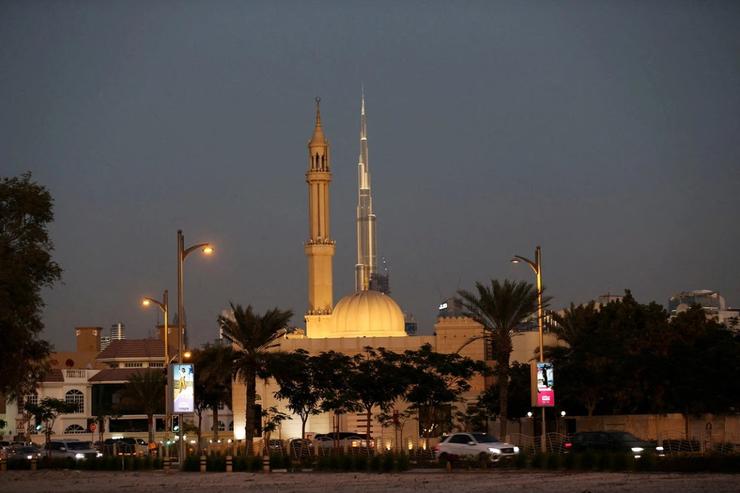The News
The United Arab Emirates’ Abu Dhabi Federal Court of Appeal sentenced more than 40 human rights and political activists to life in prison on Wednesday after convicting them on terrorism charges in a mass trial criticized as “shamelessly unfair” by campaigners.
Ten other defendants were jailed for 10-15 years on the charges of “co-operating with al-Islah,” a local affiliate of the Muslim Brotherhood, as well as money laundering, the UAE’s news agency reported.
SIGNALS
Ruling may ‘violate the principle of double jeopardy’
The bulk of the defendants had already been convicted and imprisoned during the notorious “UEA 94” trial of 94 dissidents in 2013, and the fact that prosecutors did not provide new evidence, raised concerns with international human rights’ groups that Emirati authorities are “violating the principle of double jeopardy,” Human Rights Watch wrote. The intention instead seems to be “perpetuating the detention of prisoners of conscience further,” the director of the Emirates Detainees Advocacy Center told the organization. Many of the prisoners had already been indefinitely detained after completing their sentences for “counter-extremism counseling,” Amnesty International noted in 2023.
The UAE’s reach is international
The Arab Spring may have been a “turning point” in domestic security for the UAE, which used the threat of religious extremism posed by the Muslim Brotherhood as a pretext for expanding its surveillance state, an academic told Le Monde. But the country’s repressive conduct stretches beyond its borders in the form of lobbying and spying, two experts (one of whom was detained by the UAE on suspicion of spying for Britain) argued for US-based non-profit Dawn. A 2022 report by the Quincy Institute, a think tank, details how a “small army” of US-based lobbyists, working on behalf of Emirati clients, were paid over $64 million in contracts, with a particular focus on influencing US foreign policy in the Middle East.
UAE has a history of ‘whitewashing’ its human rights record
The UAE has long sought to “whitewash” its poor human rights record through high-profile international events like Expo and COP28, the European Centre for Democracy and Human Rights argued in 2023. Migrants employed at Expo 2020 alleged they were subjected to forced labor, as well as racial discrimination and other abusive conditions, a report by human rights organization Equidem found. Hundreds of civil society organizations penned an open letter to the UAE and participating governments ahead of the United Nations’ 2023 COP28 climate talks in Dubai, citing human rights and greenwashing concerns. It later emerged that COP28 construction workers were exposed to extreme heat, in violation of internationally recognized standards and despite the UAE’s “midday ban,” according to an investigation by labor rights group FairSquare.



